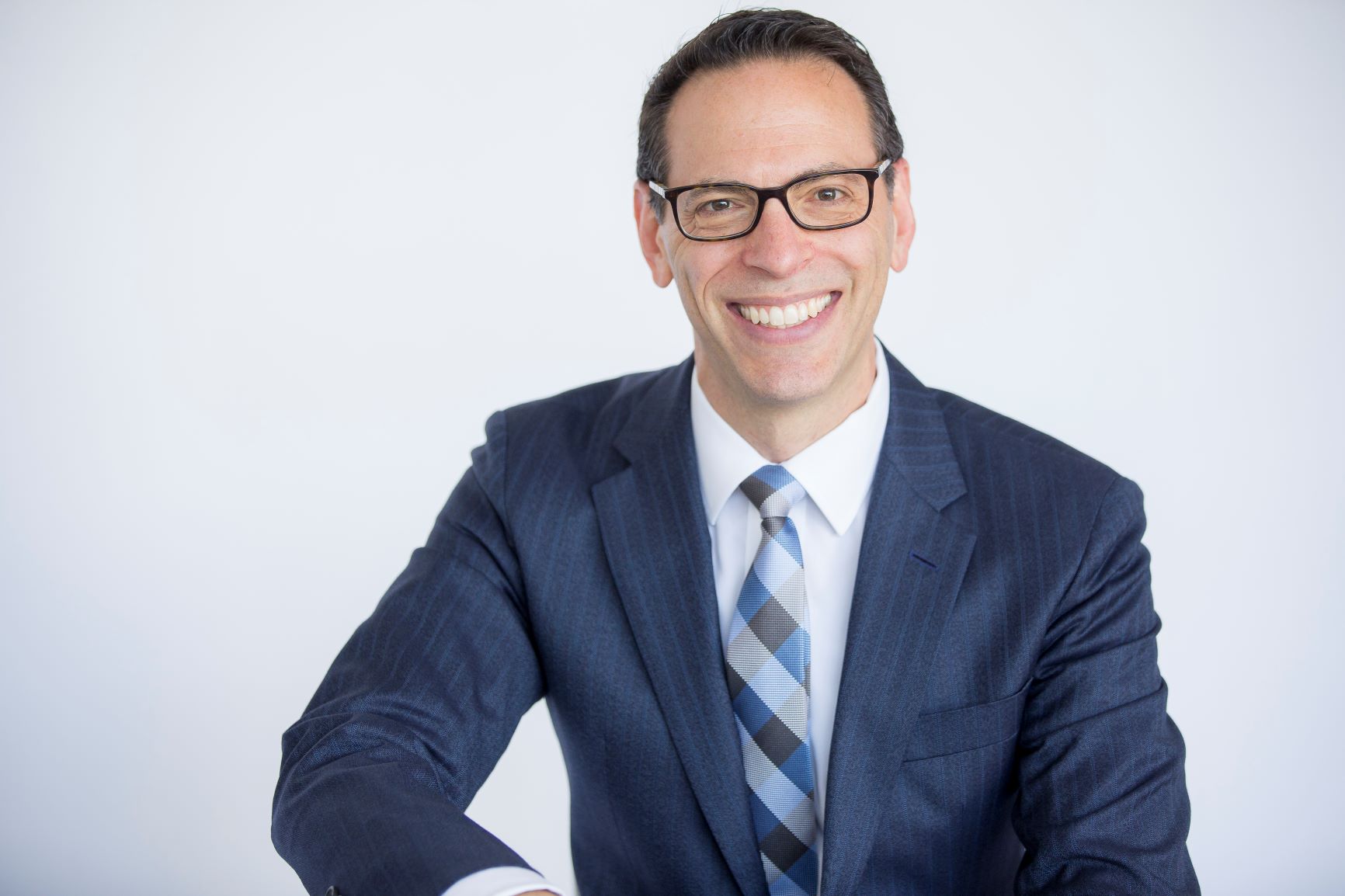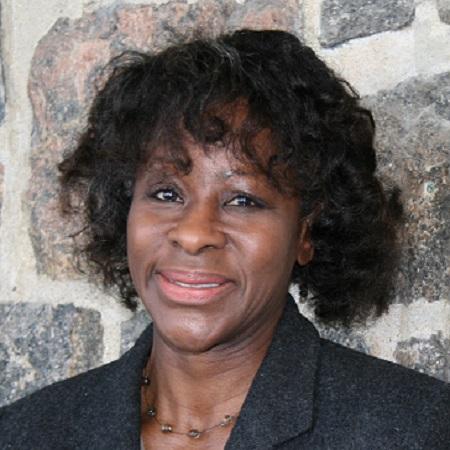Adaptive Zoning: Climate, COVID, & Racial Justice
Date: 8/10/2020 2:00 – 3:00 PM EST
Webinar Description: What kinds of communities will emerge from the three key crises that have dominated U.S. news in 2020: climate change, COVID19, and systemic racism? This panel will discuss zoning actions that can or are being taken by local communities, and in some cases state governments, to more quickly adapt land use rules to various crises.
Learning Objectives:
- Understand the role of zoning in responding to crises, and the relationship between three current overlapping crises.
- Learn about the flexibility of zoning, including the rezoning process and the need for comprehensive rezoning.
- Realize the need for more inclusive and responsive zoning
Click here to view this webinar.
Presenters

Jonathan Rosenbloom, Professor of Law, Vermont Law School
Jonathan Rosenbloom, Professor of Law, Vermont Law School, specializes in land use, climate change, and local sustainability. He is the co-author of two textbooks: Resilience & Sustainability: From Theory to Practice (Aspen 2018) and Land Use and Sustainable Development Law: Cases and Materials (9th ed. West 2017); and co-editor of Routledge Handbook of the Study of the Commons (Routledge/Taylor & Francis Group 2018) and Beyond Zero-Sum Environmentalism (ELI Press 2018). His scholarship has been published in Hastings Law Journal, Harvard Environmental Law Review, Colorado University Law Review, Washington Law Review, and others. Jonathan is co-director of the Sustainable Development Code, a model land use code designed to provide local governments with the best sustainability practices in land use. Jonathan received his Bachelors in Architecture from the Rhode Island School of Design, JD from New York Law School, and LLM from Harvard Law School. Prior to teaching, he founded a non-profit that worked with state and local governments on becoming more sustainable, clerked for the Honorable Rosemary Barkett on the U.S. Court of Appeals for the 11th Circuit, and worked for Reed Smith LLP. He was named Stevens Faculty Scholar of the Year in 2018, Vermont Law School, Distinguished Environment Law Scholar in 2017, University of Oregon, School of Law Environmental & Natural Resource Distinguished Visitor in 2016, and Drake Law Outstanding Professor of the Year in 2013.

Sara Bronin, Thomas F. Gallivan Chair in Real Property Law and Faculty Director, Center for Energy and Environmental Law, University of Connecticut, School
of Law
Sara Bronin is a Mexican-American author, professor, attorney, and architect. She focuses on sustainability, property, land use, historic preservation, and renewable energy law. Bronin serves on the board of Latinos in Heritage Conservation, as an advisor for the National Trust for Historic Preservation, and as the leader of DesegregateCT. Previously, she led Hartford’s nationally-recognized Climate Action Plan, City Plan, and zoning code overhaul. She also chaired Preservation Connecticut, Connecticut Hispanic Bar Association, and Connecticut Urban Legal Initiative.

Shelby Green, Professor of Law, Pace University
Professor of Law, Elisabeth Haub School of Law at Pace University, White Plains, N.Y. She is a graduate of Georgetown University Law Center. She teaches and writes in the areas of property, real estate transactions, housing and historic preservation. She is co-author, with Professor Nicholas A. Robinson, of HISTORIC PRESERVATION, LAW AND CULTURE (2018) and HISTORIC PRESERVATION: STORIES AND LAWS (2020). She is co-chair of the Legal Education Group of the Real Property Trust and Estate Section of the American Bar Association, editor of the Keeping Current-Property column in Probate & Property magazine, and an organizer, occasional presenter and regular moderator for the monthly webinar, Professors’ Corner, offered by the same section. She is chair of the Board of Trustees of the Brooklyn Music School and is a member of the Board of Directors of the Jay Heritage Center, which manages the John Jay Estate, a National Historic Landmark in Rye, N.Y.
